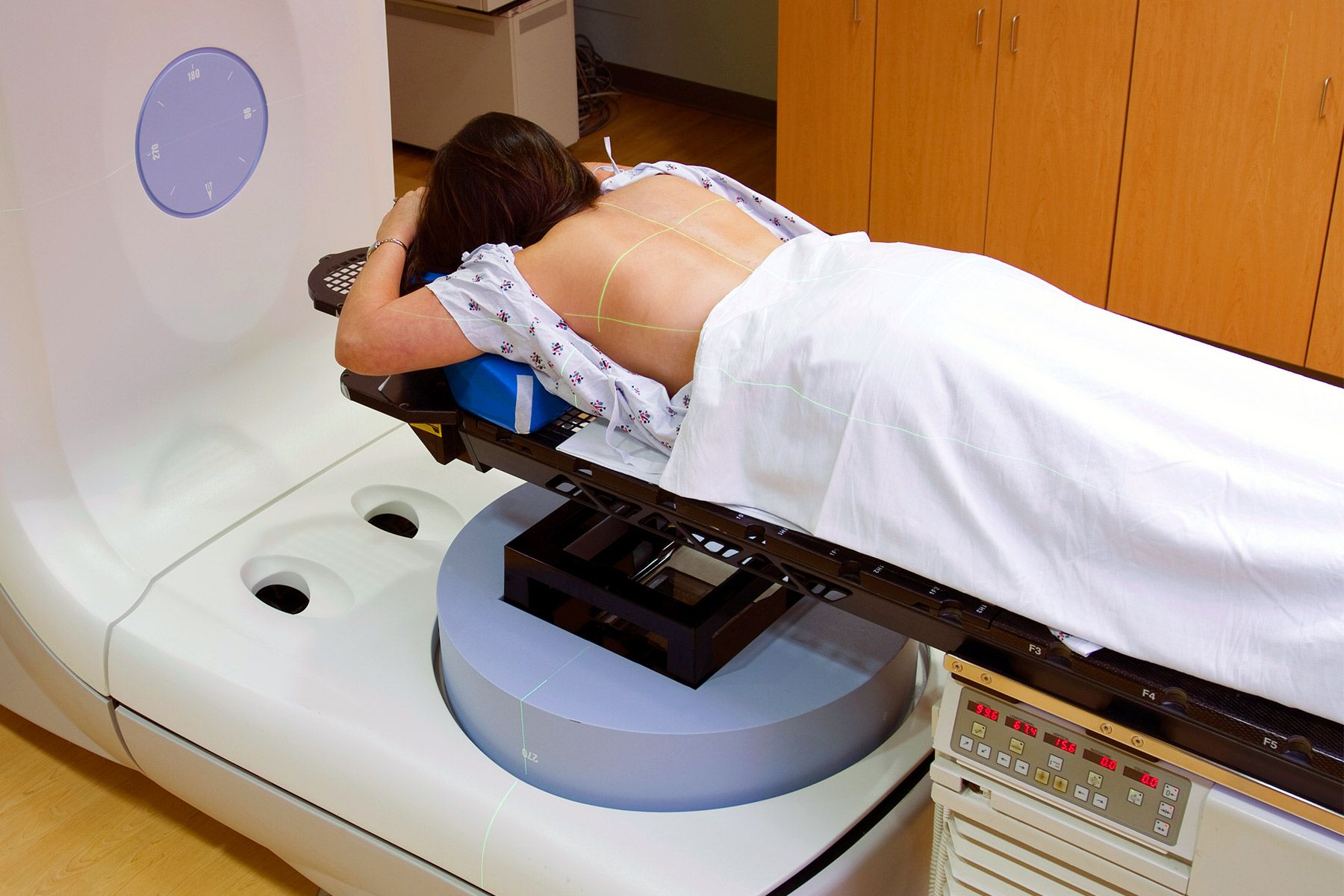Beagles are famous for being especially loyal and attentive companions. Stacey Hardman’s beagles Snoopy and Daisy are no exceptions.
They keep a close watch at the window. Any unfamiliar animal, noise, or sudden movement outside sets off “loud, energetic, and dramatic” barking, Hardman says.
Hardman has realized over the years that Snoopy and Daisy also pay close attention to what’s happening inside the house, including to how she’s feeling.
Just before she gets a migraine, the dogs start acting differently.
Even the tone of their barks changes.
“It goes from ‘I want to get you’ to ‘Go away,’” Hardman explains. “They also cling to me more, lay near me, and are more wary of my movements.”
Hardman is convinced her dogs know she’s getting a migraine even before she does.
In fact, by paying close attention to the beagles’ behavior, she now gets a heads-up before the pain hits, which helps her manage the migraine better.
Why Dogs May Respond to Migraine
Can dogs actually anticipate migraine in humans? The science on this isn’t solid.
But Hardman’s experience isn’t unusual.
In one survey-based study of people who get migraines, more than half said that before they even noticed their own symptoms, their dog became more attentive.
“Dogs are very sensitive to changes in our behavior and to changes in our smell,” says Alexandra Horowitz, PhD, an expert in dog cognition at Columbia University in New York City and author of several books on the topic.
“Often, either will indicate something ‘wrong’ with us,” Horowitz says. “But it’s not clear that the dogs identify it as wrong. They simply notice that something is very different.”
Stories similar to Hardman’s are not hard to find among dog owners who deal with migraine.
Shalini Buckel of Durham, NC, says when a migraine was in full swing, her dog Taosi would jump up and start licking her right eye. Buckel gets the most migraine pain on the right side of her head.
Janet Terranova of Portland, OR, says her dog Lily stops what she’s doing, comes to her, and starts licking and pawing.
She believes Lily isn’t responding to the migraine itself so much as to the pain in her voice and her tears.
That idea about dogs picking up on changes in your voice during a migraine has some scientific support. There’s evidence that an area in dogs’ brains is particularly sensitive to the sound of a human’s voice and to sudden changes in it.
And migraine is not the only health condition to which dogs may notice.
Based on medical research, dogs may show attention in various ways to:
- Symptoms of skin, colon, or lung cancer
- Low blood sugar in people with diabetes
- Epilepsy
- Melanoma
Researchers also are studying whether dogs can sometimes even anticipate those symptoms.
Can Dogs Be Trained to Help With Migraine?
If a dog notices your migraine, can he or she be trained to help you deal with it?
Horowitz thinks so but says this kind of training isn’t something that takes just an afternoon.
Jennifer Thornburg trains service dogs for a company called Compass Key. She’s worked with some dogs on how to notice signs of a migraine. But more often, she trains them to respond to seizures, anxiety, and other human conditions.
There are no guarantees that a dog will catch on, she says. The challenge is partly on you to identify a cue to which your dog can be trained to respond.
It’s not clear what dogs detect when it comes to migraines. It might be a smell, Thornburg says. Or it could be a blank stare or change in body position that often goes along with your migraines.
Part of her training in these situations is to notice and reward the way a dog reacts to migraine with special attention and treats.
Even if your dog can’t anticipate your migraines, they still may be able to help.
For instance, Thornburg says, some service dogs are trained to retrieve a medical bag when their human is distressed. And of course, dogs reward people every day by providing closeness and companionship.
Note: This article have been indexed to our site. We do not claim ownership or copyright of any of the content above. To see the article at original source Click Here













